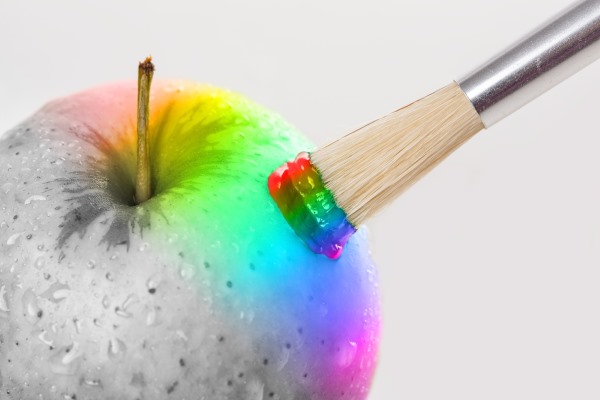Does diversity in tech actually matter?

Diversity has become something of a buzzword in tech, and it's one that companies are only too keen to bandy about at every opportunity. The likes of Apple, Google, Facebook, and Amazon are eager to demonstrate how diverse a workforce they have built up -- but the fact of the matter is that they have all failed abysmally.
This much we know. We've seen that Facebook's workface is far from diverse, Amazon is about as white and male as it gets, and that Apple wants people to believe it's doing everything it can to foster greater diversity. Its latest report shows that the number of female, black, and Hispanic employees has increased but Tim Cook wants to do more. But the big question is: does diversity matter?
The answer, of course, is yes; but there are some caveats. Diversity is quite a subjective idea and it is -- as with so many concepts -- something that is hard to bring about in a way that satisfies everyone. What does diversity mean? Should a company's workforce comprise precisely the same racial, sexual, gender, religious, etc breakdown as the country as a whole? Or the entire globe? Do the percentage of workers from different backgrounds need to be the same at all levels of the company, or just work out as an average?
Few people would argue that there are certain sections of society that appear to be under-represented in the workplace. This is true in many industries, but it is the tech world that has found itself on the receiving end of criticism most recently. Apple is, as ever, eager to avoid being tarred with any brush of negativity, so in introducing Apple's latest diversity report Tim Cook reveals:
In the past year we hired over 11,000 women globally, which is 65 percent more than in the previous year. In the United States, we hired more than 2,200 Black employees -- a 50 percent increase over last year -- and 2,700 Hispanic employees, a 66 percent increase. In total, this represents the largest group of employees we’ve ever hired from underrepresented groups in a single year. Additionally, in the first 6 months of this year, nearly 50 percent of the people we’ve hired in the United States are women, Black, Hispanic, or Native American.
This is when things start to get interesting. Too many technology firms have demonstrated that they are dominated by white, middle-class men, and this is clearly an imbalance that needs to be addressed. But what is the best way to go about it? It would be unfair to go out and actively seek, for example, black employees for a particular position, just as it would be unfair to specify that applicants needed to be white.
When you start to pursue the idea of workforce diversity, you start to encounter a few issues. While it is easy to tell whether someone is black or white, the same is not true when it comes to sexuality or religion. A CEO might want to ensure that his workforce includes a decent number of LGBT employees but in many cases this would involve asking questions that really should not be asked. If employment equality is to be achieved, a job application form that asks for -- or, worse, takes into consideration -- race, sexuality, gender, and so on is counterproductive and counterintuitive. Positive discrimination is still discrimination.
So does diversity matter? Of course it does, but probably not in the way that many companies think it does. It's a delicate line to walk. Do nothing and it is the white, middleclass male who will dominate and probably bubble to the top -- it's the same in just about every industry. But set up program, initiatives, and incentives to pull in 'minorities' and push them up through the ranks and you run the risk of simply flipping the switch and just discriminating against different sections of society.
You can't do right for doing wrong.
Photo credit: Alta Oosthuizen / Shutterstock
